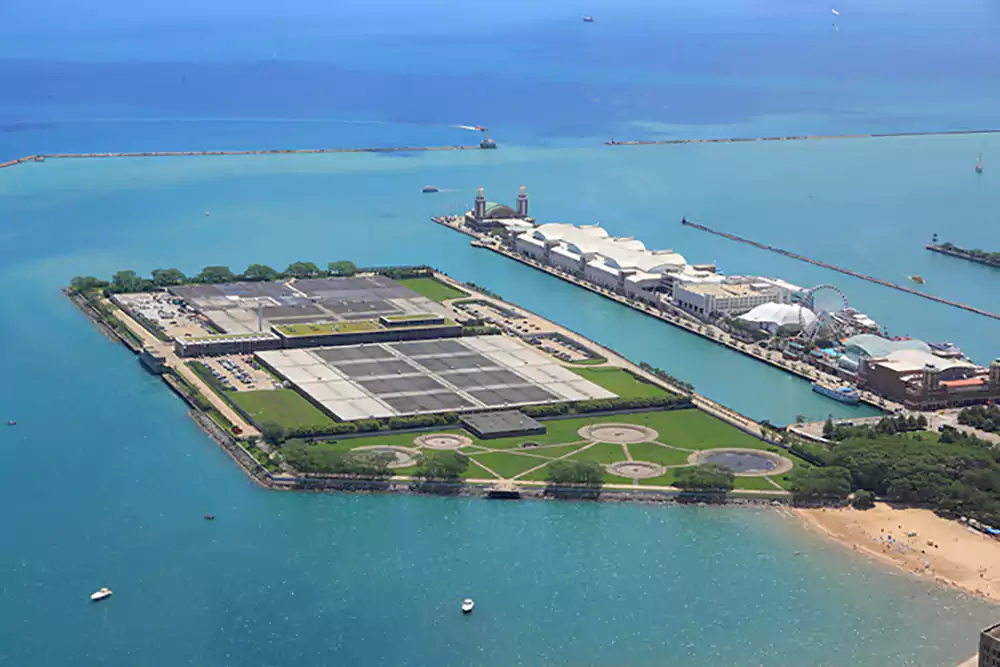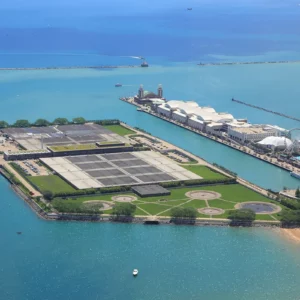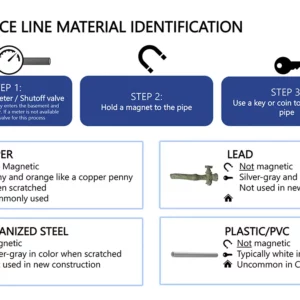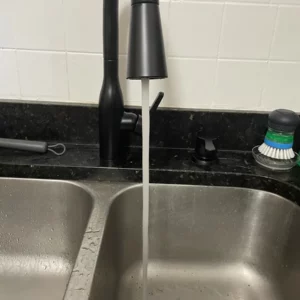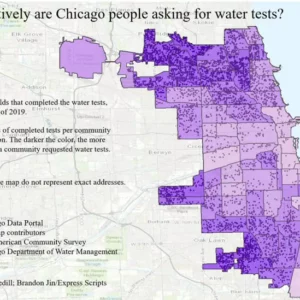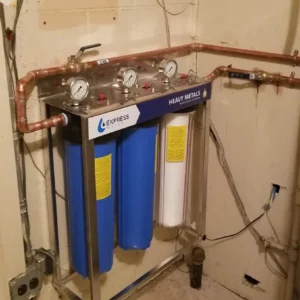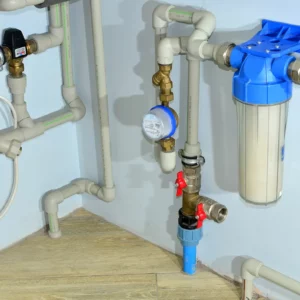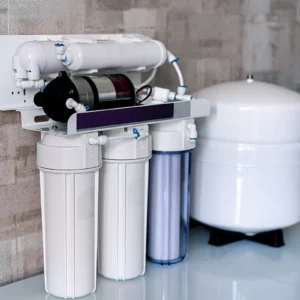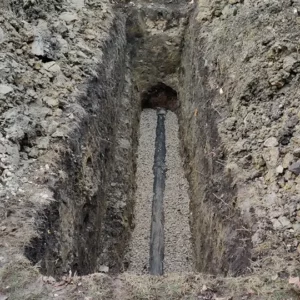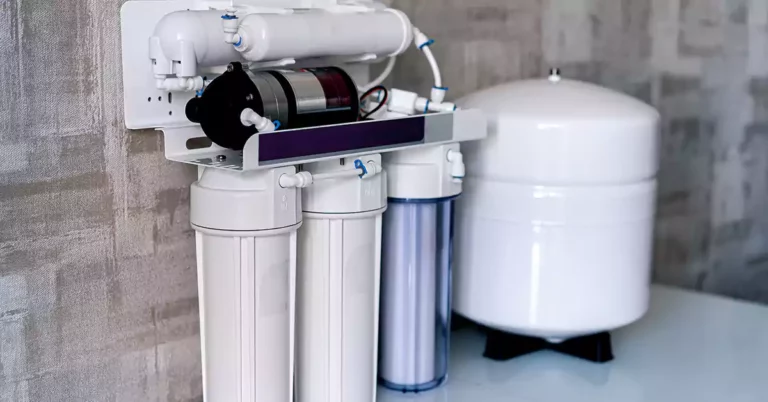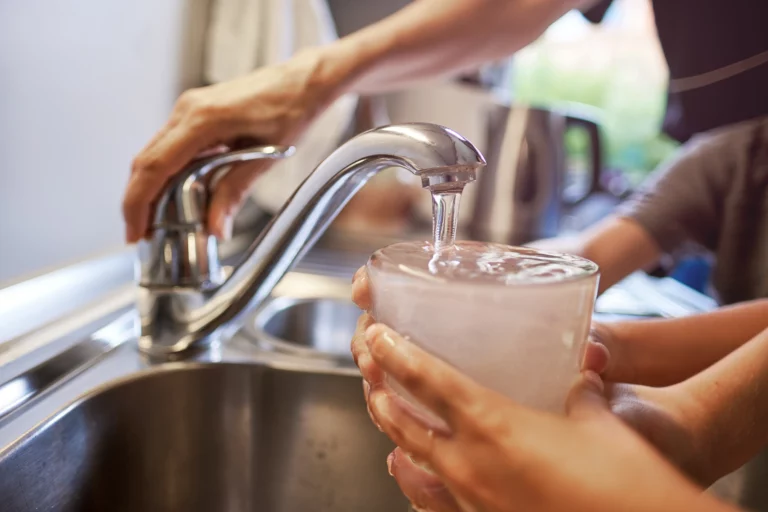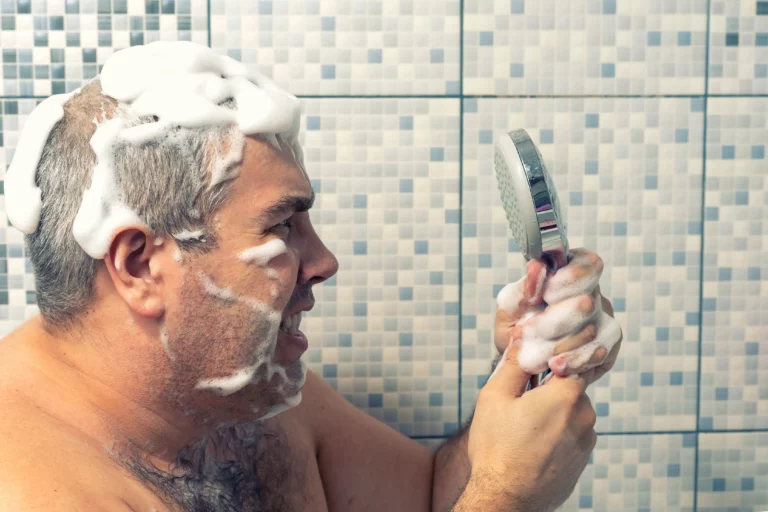What Is In Your Drinking Water?
The City of Chicago gets its water supply from Lake Michigan. Two treatment plants process and purifies the water. However, the water can still contain harmful bacteria, viruses, and chemicals. To protect yourself and your family, it’s important to be aware of what is in your drinking water and the potential contaminants.
Chicago Drinking Water Quality
Every day, Chicago residents rely on the city’s water supply for drinking water, cooking, and cleaning. But what many don’t realize is that the quality of the city’s water can pose serious health risks. In fact, a recent study found that Chicago’s tap water contains high levels of lead, copper, and other harmful contaminants. Furthermore, the Guardian published an article revealing the high levels of lead in neighborhoods around Chicago.
The City of Chicago Department of Water Management completed a water quality study in 2010. The study checked for chemicals that are a drinking water risk.
The study looked at water samples to see if any new contaminants were in the water. Found in the water samples were Endocrine Disrupting Chemicals (EDC), Pharmaceuticals & Personal Care Products (PPCP), and Hexavalent Chromium.
These contaminants in the water supply cause serious health issues.
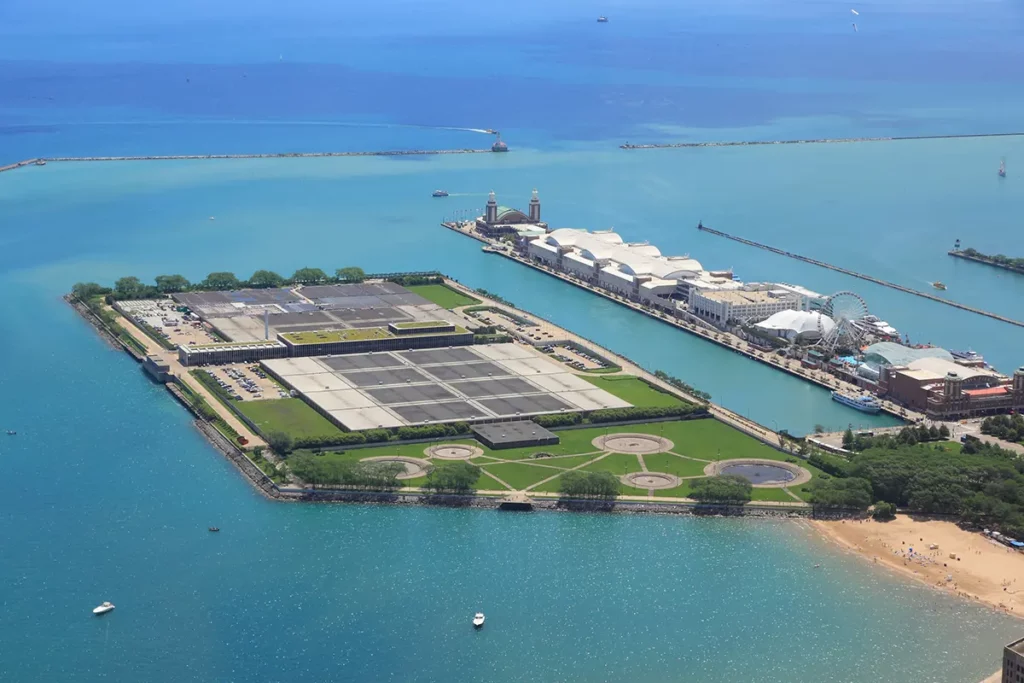
It is crucial to install filtration units for your drinking water. EDC’s and PPCP’s are new dangers we must protect ourselves from. It is unclear the extent of harmful health effects from exposure to these chemicals.
Health Effects of Endocrine Disrupting Chemicals
Endocrine-disrupting chemicals are a serious concern for Chicago residents. These chemicals can cause serious health problems, including cancer and reproductive issues.
Health Effects of Pharmaceuticals & Personal Care Products
Prescription drugs and over-the-counter medications produce chemical waste that is in our water. The chemical residue is also produced by sunscreens, lotions, and fragrances.
PPCP’s can cause changes in behavior and metabolism, as well as immune system dysfunction. Some studies have suggested that PPCPs may contribute to the development of certain chronic diseases such as cancer, diabetes, and obesity.
Health Effects of Hexavalent Chromium
Hexavalent chromium is a chemical linked to many health risks. Exposure to hexavalent chromium can cause skin irritation, allergic reactions, and respiratory problems. In more severe cases, it can lead to liver damage, kidney damage, and cancer.
We are consuming these chemicals in our tap water that can have effects on public health. These toxic chemicals are being detected in our water, but there’s no regulation due to the lack of set standards.
Lead Pipes in Chicago
In Chicago, there are an estimated 400,000 homes that have lead pipes. This means that many residents are potentially being exposed to lead-tainted water in their daily drinking water. Lead is a toxic metal that can cause serious health problems, especially in children.
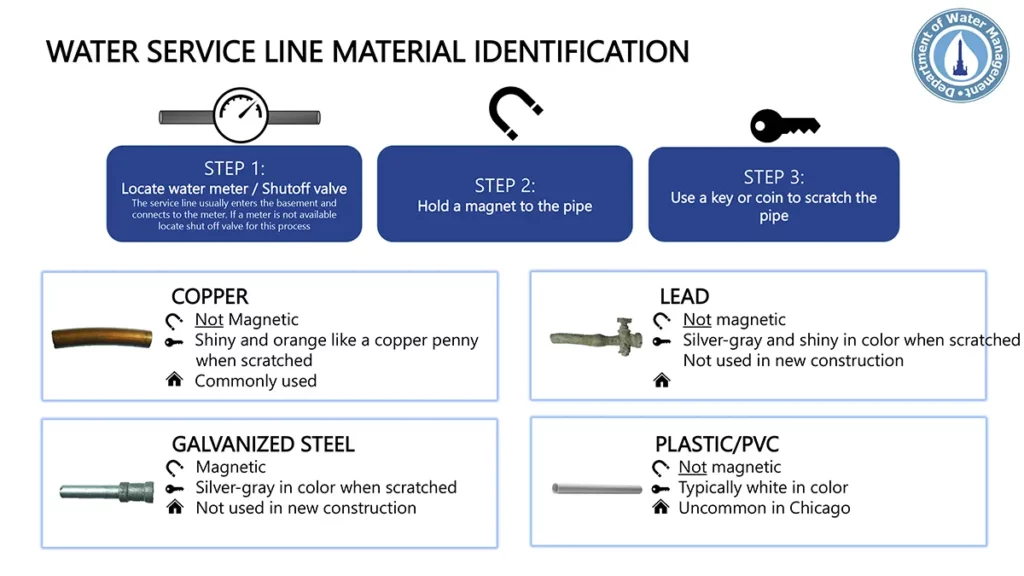
Although lead pipes are no longer in use in new construction, they are still common in older buildings in Chicago. As a result, lead may contaminate the city’s tap water. Health experts recommend using filters or bottled water to avoid exposure and potential lead poisoning.
Rescue Plumbing recommends that you install a Five-Stage Reverse Osmosis System to remove any contaminants. Our experts are happy to install a system for you, call today to get clean water in your home (773) 799-8848!
While the city of Chicago has taken some steps to address the problem, the water is still unsafe. Until the city replaces all of the lead pipes, residents should be aware of the risks and take steps to protect themselves and their families.
Health Risks From Consuming Tap Water
In Chicago, tap water comes with a health warning. Due to old lead pipes and other contaminants, the city’s tap water is a health risk. Although the city has taken steps to improve the quality of the water, it still contains harmful contaminants.
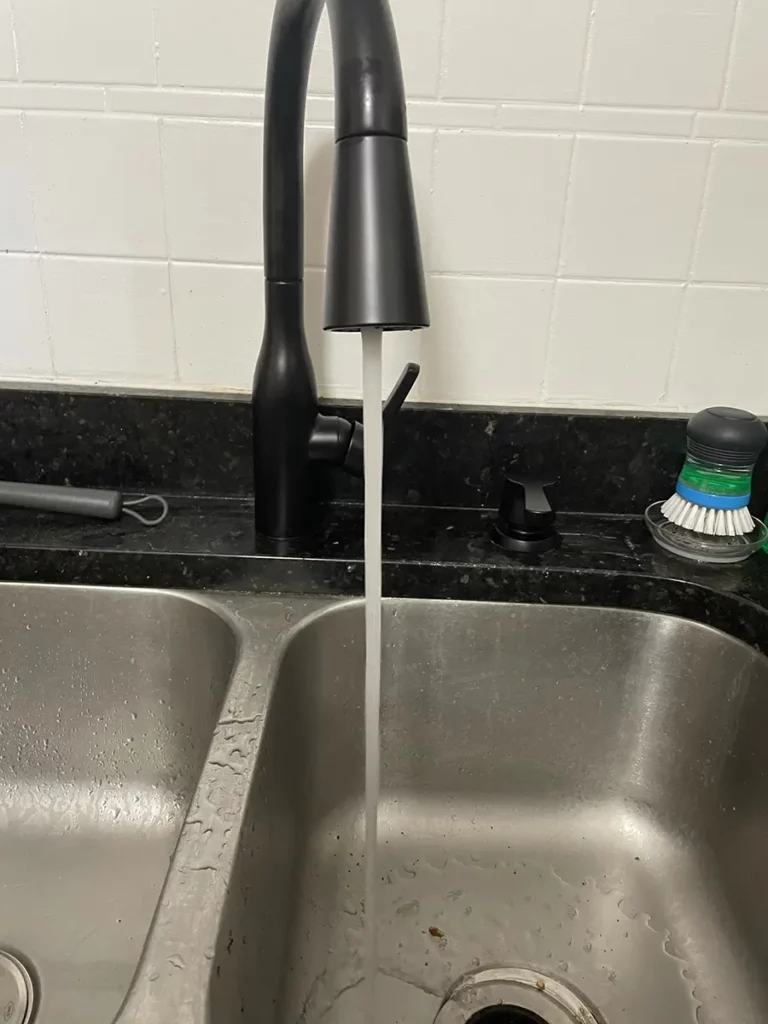
Lead is particularly dangerous, as it can cause developmental problems in children, create complications for pregnant women, and cause neurological problems in adults.
Other contaminants in the water can also cause gastrointestinal and bronchial illnesses, skin infections, and even cancer. As a result, it’s important to be aware of the risks before drinking any tap water in Chicago.
In Chicago, Who Is Most At Risk of Lead Exposure?
Lead pipes may be present in the walls of single-family and two-flat homes constructed before 1986, as well as service lines. Service lines are pipes that connect a structure to the main water pipe, and faucets.
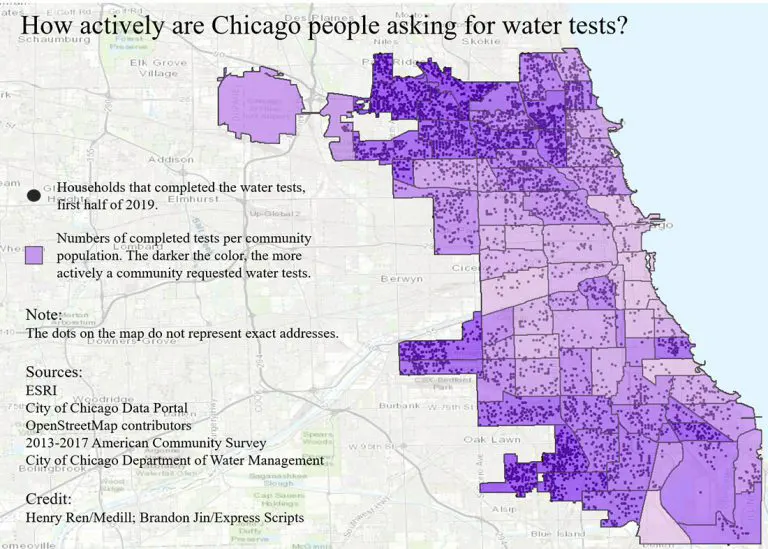
Pregnant women, infants, and small children are most vulnerable to lead exposure from drinking water in these homes.
Steps For Improving Water Quality
It is important to take some basic steps to ensure that our drinking water is clean and free of contaminants.
- Install a 100% Lead-Free water filter. This will remove impurities from the water and make it safer to drink.
- Regularly clean your tap water aerator. This will help to remove any build-up of sediment that could contaminate your water and replace those in poor condition.
- Allow your tap water to run for a few minutes before you drink it. This will flush out any contaminants that may be present in the water.
By taking these simple steps, you can rest assured that your drinking water quality is safe and clean.
Filters For Safe Drinking Water
One of the easiest ways to improve your water quality is to install a water filter to filter out contaminated water.
Filters can remove a wide range of contaminants, including lead, rust, chlorine, and bacteria. There are a variety of filters on the market, so it’s important to do some research to find a filter that’s right for your needs.
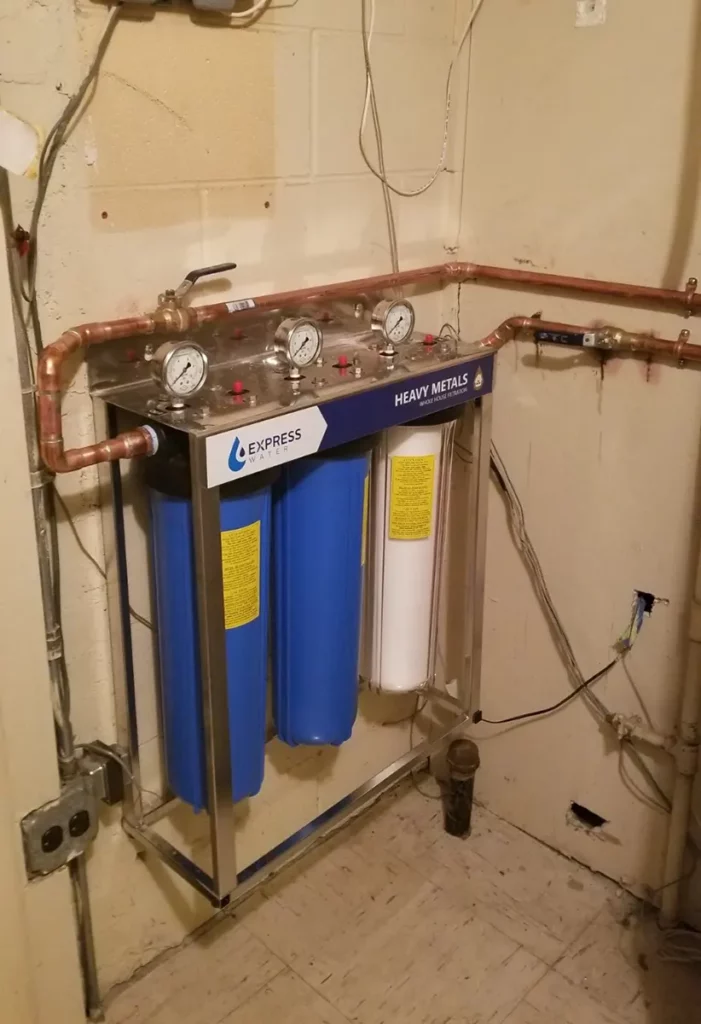
Some methods of filtering tap water include using a pitcher with a built-in filter or attaching a filter to your kitchen faucet. Installing a reverse osmosis system is recommended by Rescue Plumbing.
Pitcher With A Built-In Filter
Water pitchers with filters are a convenient and easy way to improve the water quality of your drinking water. The filters remove impurities and contaminants from the water, making it safer and healthier to drink.
In addition, filtered water is healthier than tap water, so you can enjoy a refreshing glass of water anytime. Whether you’re at home or at the office, a water pitcher with a built-in filter is an easy way to make sure your drinking water is clean and safe.
Kitchen Faucet With Filter
Another easy way to improve your water quality is to install a kitchen faucet with a water filter. This type of filter is attached to your kitchen faucet and filters out contaminants as the water passes through the water systems.
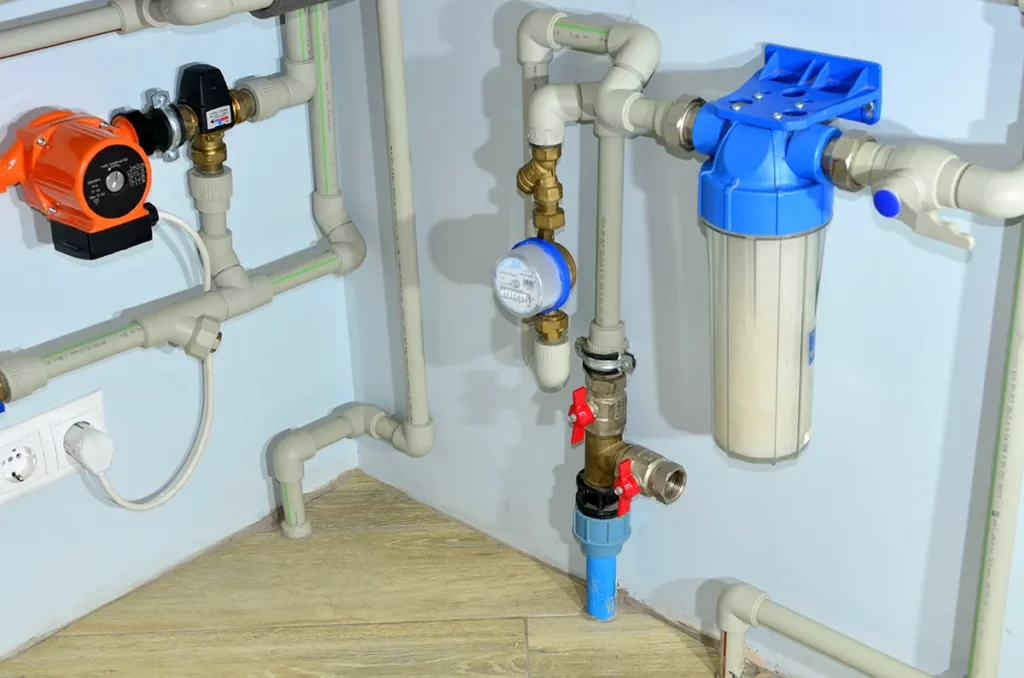
Many different types of water filters are available on the market, so it’s important to do some research to find one that’s right for you. Some water filters remove specific contaminants, while others filter out a wide range of impurities.
Osmosis System For Safe Drinking Water
Our licensed professionals at Rescue Plumbing recommend that you install a Five-Stage Reverse Osmosis System to combat contaminant exposure to your drinking water.
What is a Reverse Osmosis System?
A reverse osmosis system is a popular water filtration method that is often used to purify drinking water. The system works by pressurizing water and forcing it through a series of filters.
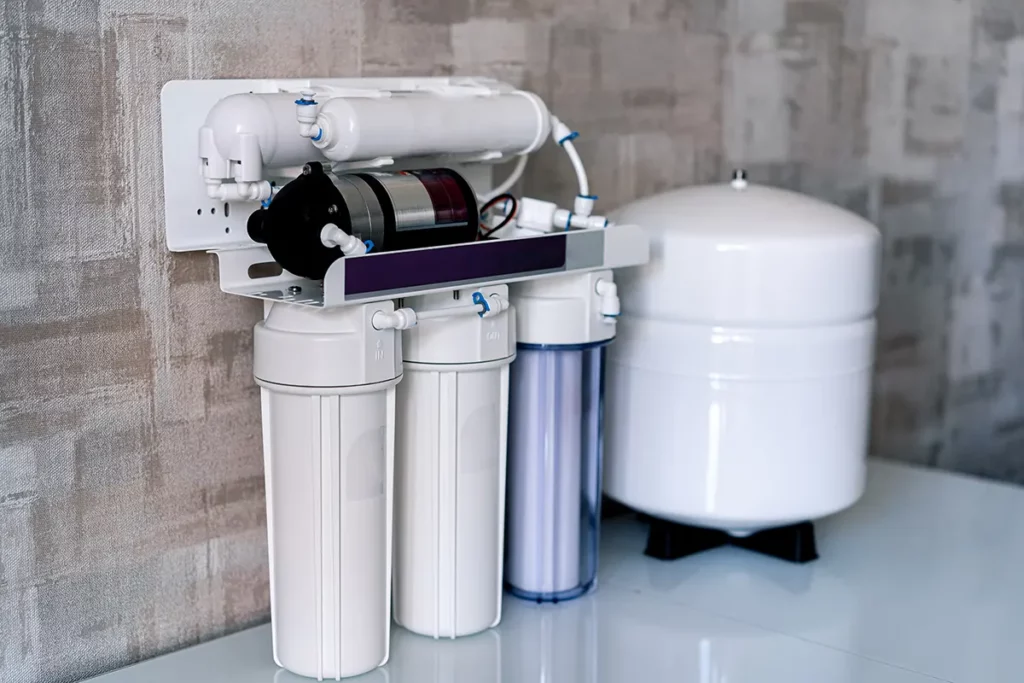
The most common type of reverse osmosis system has three filters: a pre-filter, a membrane, and a post-filter.
In addition to providing clean drinking water, ROS can filter out impurities in other liquids, such as chemicals, pharmaceuticals, or lead from the water system. The use of a reverse osmosis system will also help lower the purchases of bottled water in the home.
Reverse Osmosis System Installation
There are three main types of Reverse Osmosis systems: home, commercial, and industrial.
Home Systems
Home systems are usually installed under the kitchen sink to provide filtered water for cooking and drinking.
Commercial Systems
Commercial systems are used in restaurants, office buildings, and other places which need large amounts of clean water.
Industrial Systems
Industrial systems are used in factories and other settings which produce highly contaminated water.
No matter what type of system it is, each ROS must be properly installed in order to work correctly. If you are considering installing a ROS in your home or business, be sure to consult with a professional at Rescue Plumbing. We can help you choose the right system for your needs.
Emergency Disinfection of Tap Water
If you do not have bottled water or do not have access to a filter system, before drinking water potentially dirty water, boil the water and let it cool. Boil water for no more than one minute.
However, remember that boiling water merely destroys bacteria and other germs; it does not remove hazardous chemicals.
If possible, only use cold water from the tap for drinking, cooking, and preparing food. It is less likely to harbor bacteria than warm water.
The Safe Drinking Water Act
The Safe Drinking Water Act is a law that passed the United States Congress in 1974 to protect public health. The law required the Environmental Protection Agency to set national standards for drinking water quality. They oversee water suppliers to ensure that they meet these EPA regulations.
Since then, water safety laws set the standards for the substances that can be in water supplies. There are no regulations for the substances detected in the water supply of the city of Chicago. This means that there are no set standards of what is acceptable, and tolerable amounts of these substances.
Keep in mind that ground water from private wells is not federally regulated. It is important to test them for things like nitrates and other toxic chemicals that can be a risk to human health.
What Can Chicago Residents Do Next?
It’s important to be aware of the potential contaminants in your water. The Chicago Department of Public Health monitors water quality and posts regular updates on its website. By knowing what is in your water, you can take steps to avoid exposure to harmful contaminants.
Water Testing in Chicago
If you have concerns about the water quality of your home and the potential of elevated levels of lead in your home’s water, the Chicago Department of Water Management can provide you with a test. Collect your water samples after six hours of no water use in the home.
Intensive Flushing
Flushing your water system every day is one of the easiest ways to keep it clean and fresh. There are a few things you can do that will help with this, like washing dishes or doing laundry in-between times!
You should flush your system for at least five minutes after it has been stagnant for six hours or more. This will help keep the water quality high and avoid any problems from buildup of minerals in appliances, fixtures, and pipes.
Water that sits stagnant in a pipe has more potential to collect harmful contaminants, so, running water is cleaner water.
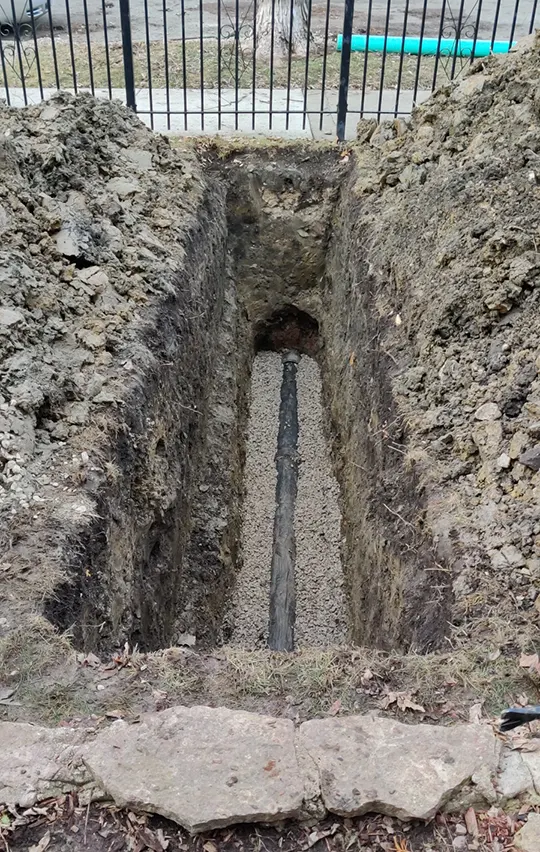
When the water system on your block or in your home is under construction, it’s critical to conduct intensive flushing after.
Anything Plumbing We Can Rescue
To protect yourself from contaminants in your drinking water, Rescue Plumbing recommends that you install a Reverse Osmosis System. Give our friendly staff a call at (773) 799-8848 to improve the water quality of your home!

Marisol Aranda
Marisol Aranda is part of the Content Marketing team at Rescue Marketing. Her goal is to help small businesses grow in their own way – to give them an opportunity to be heard.


